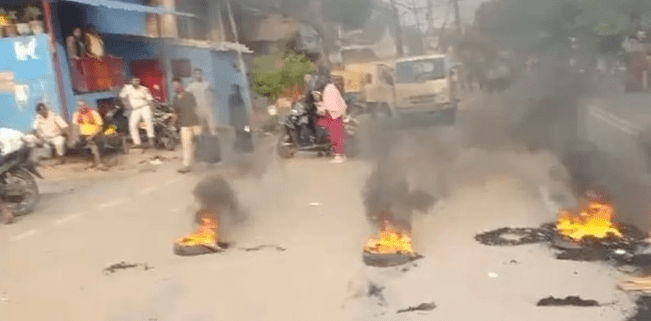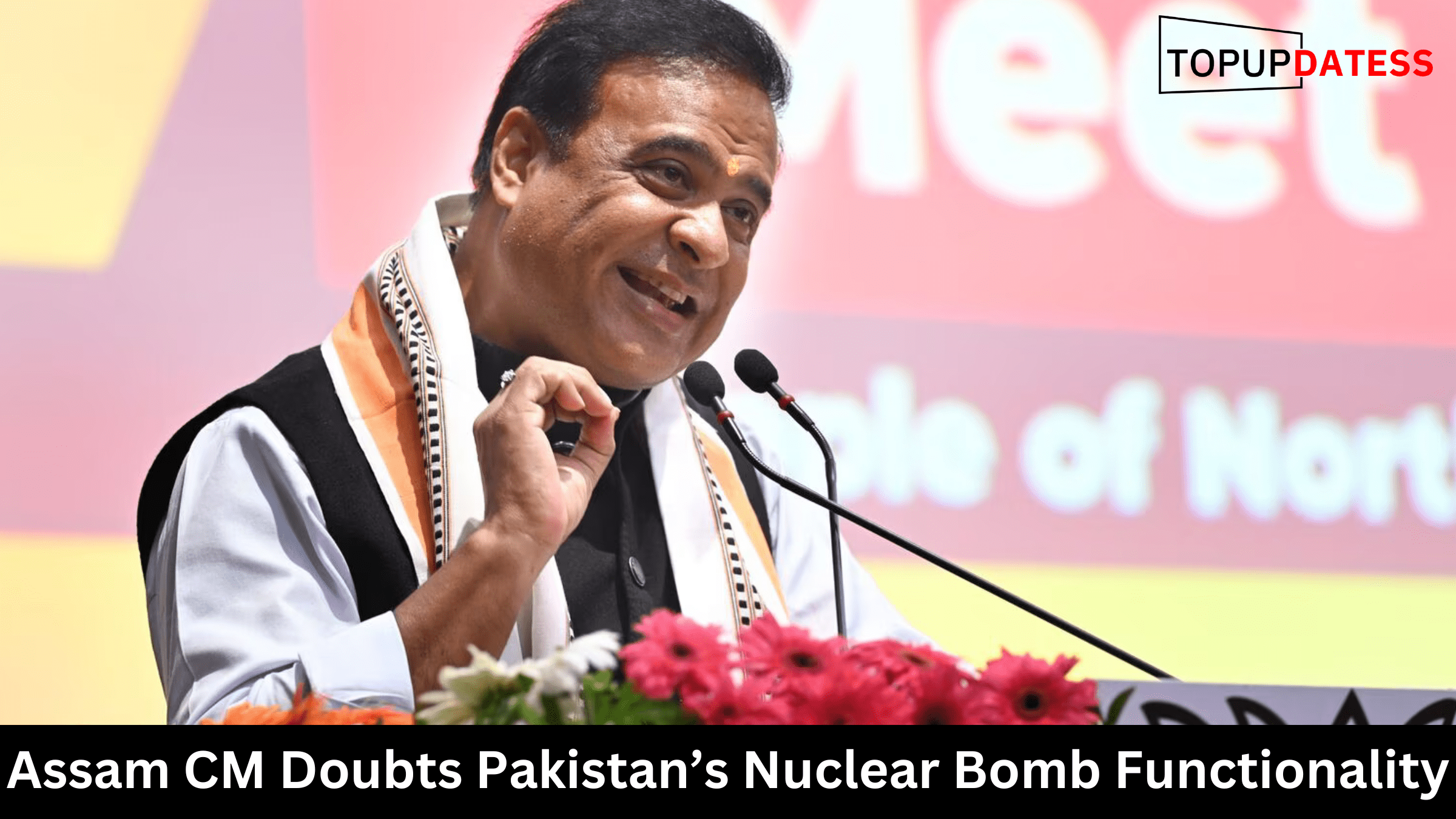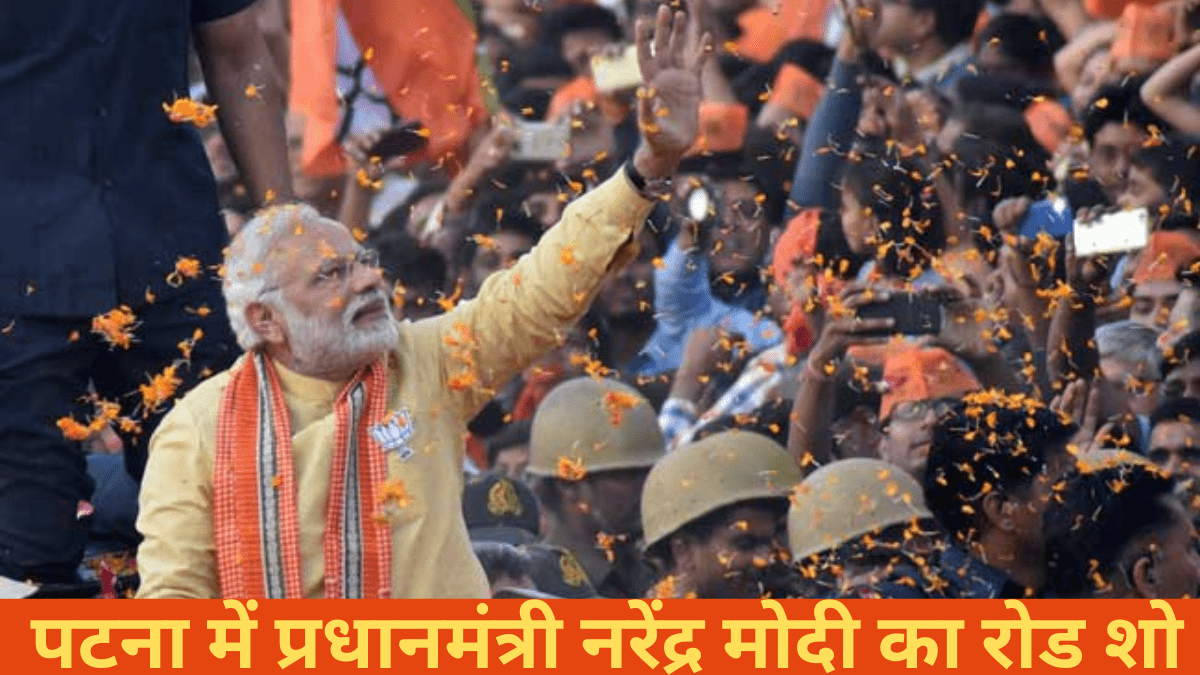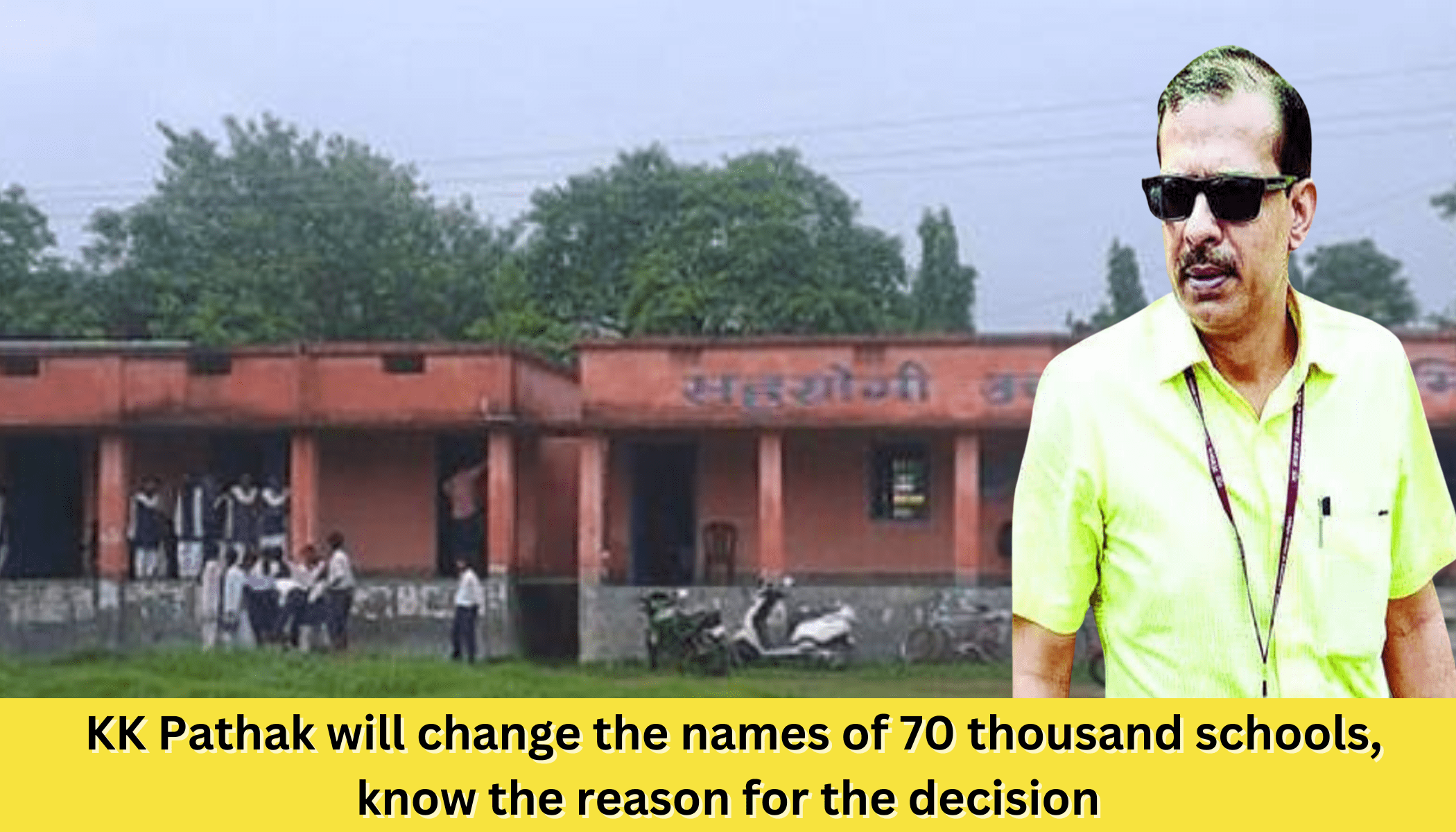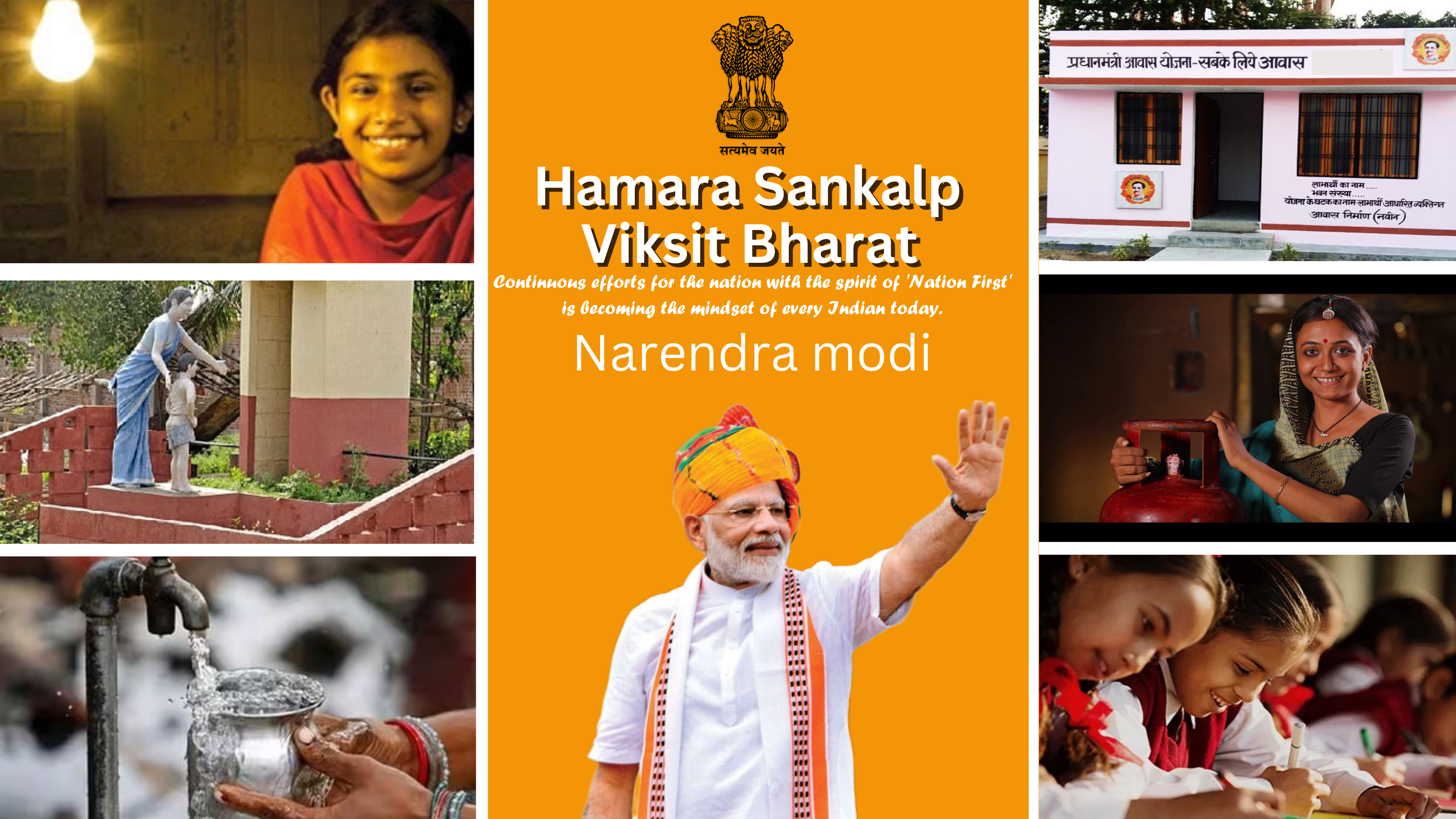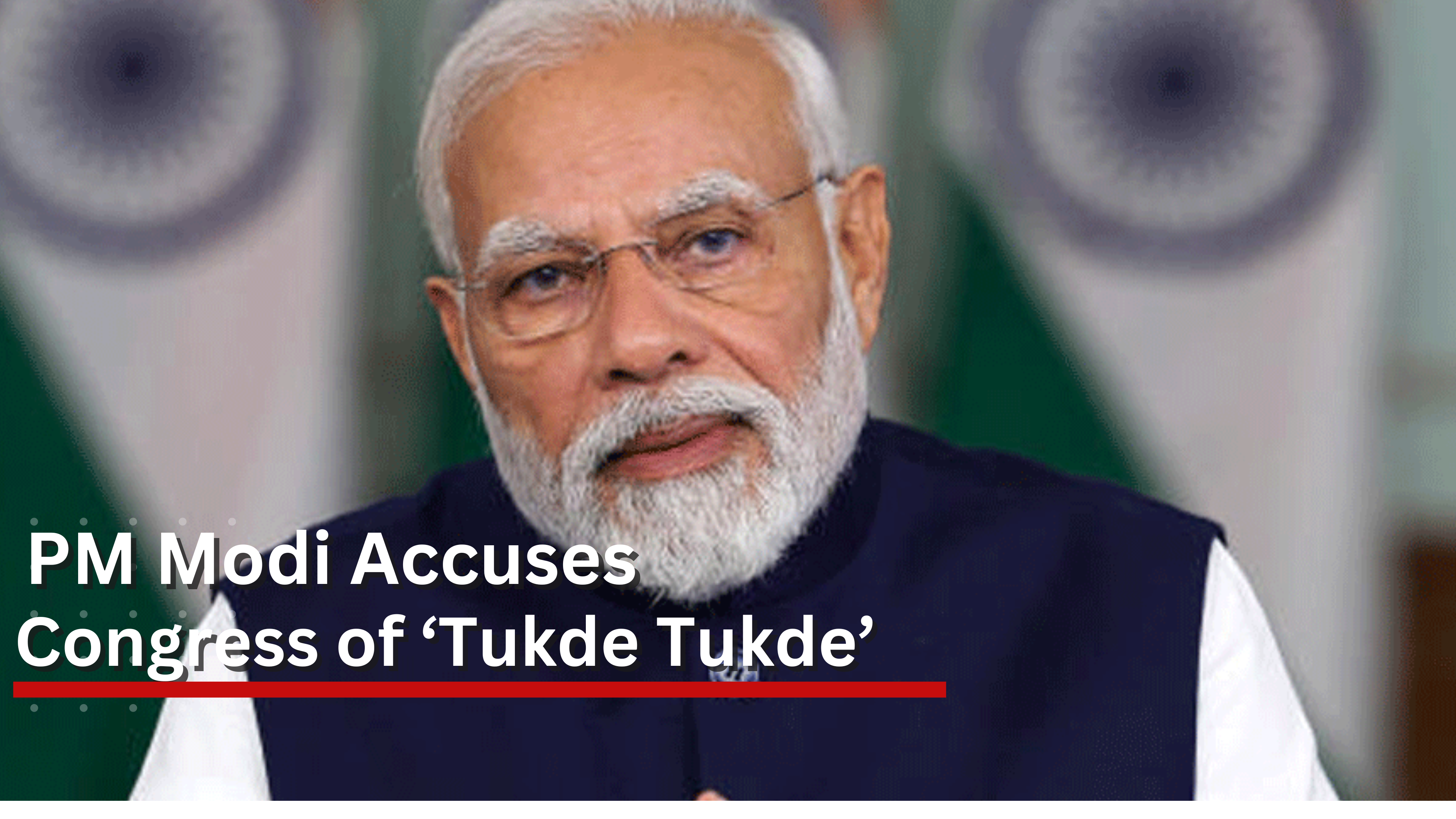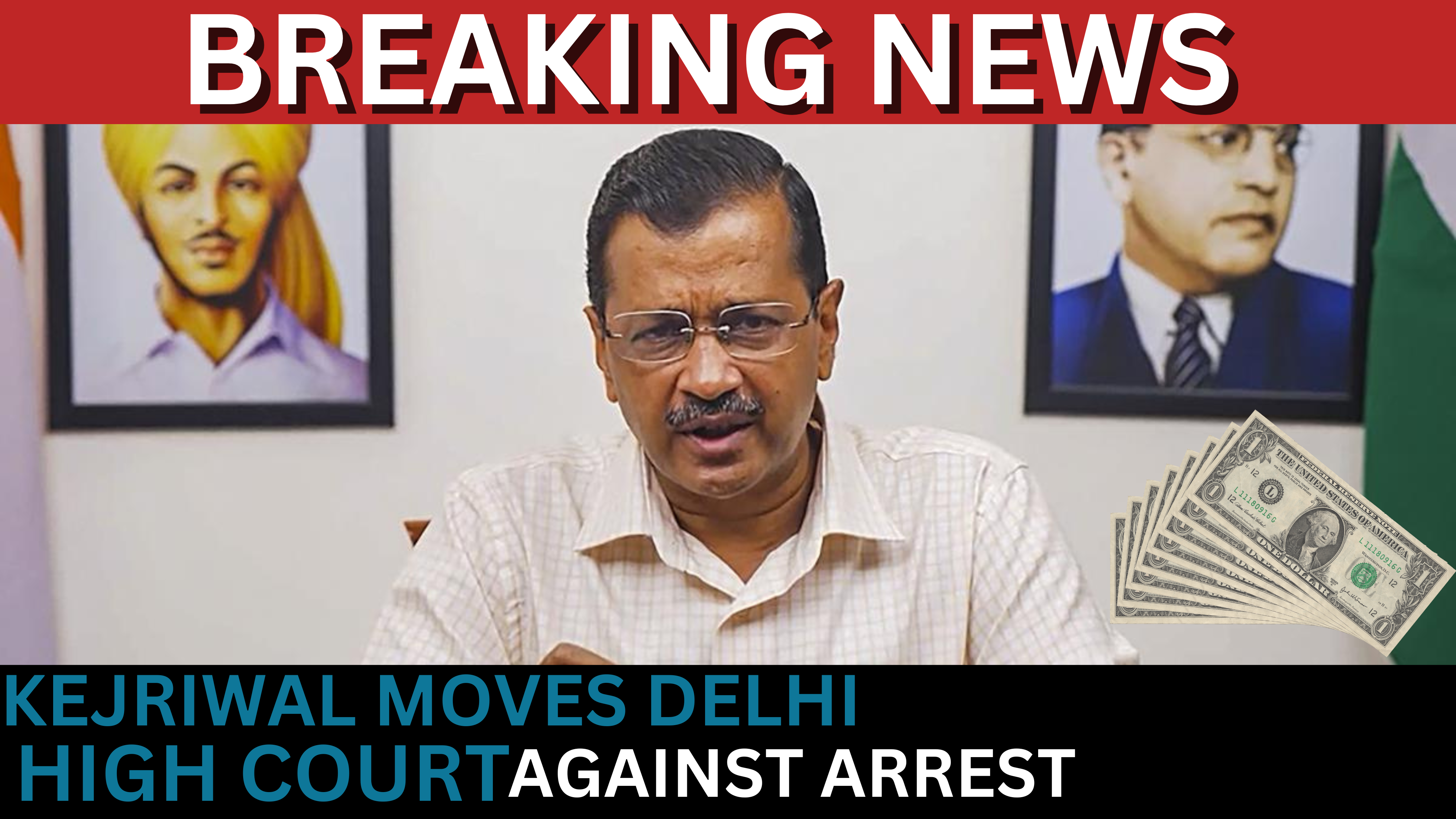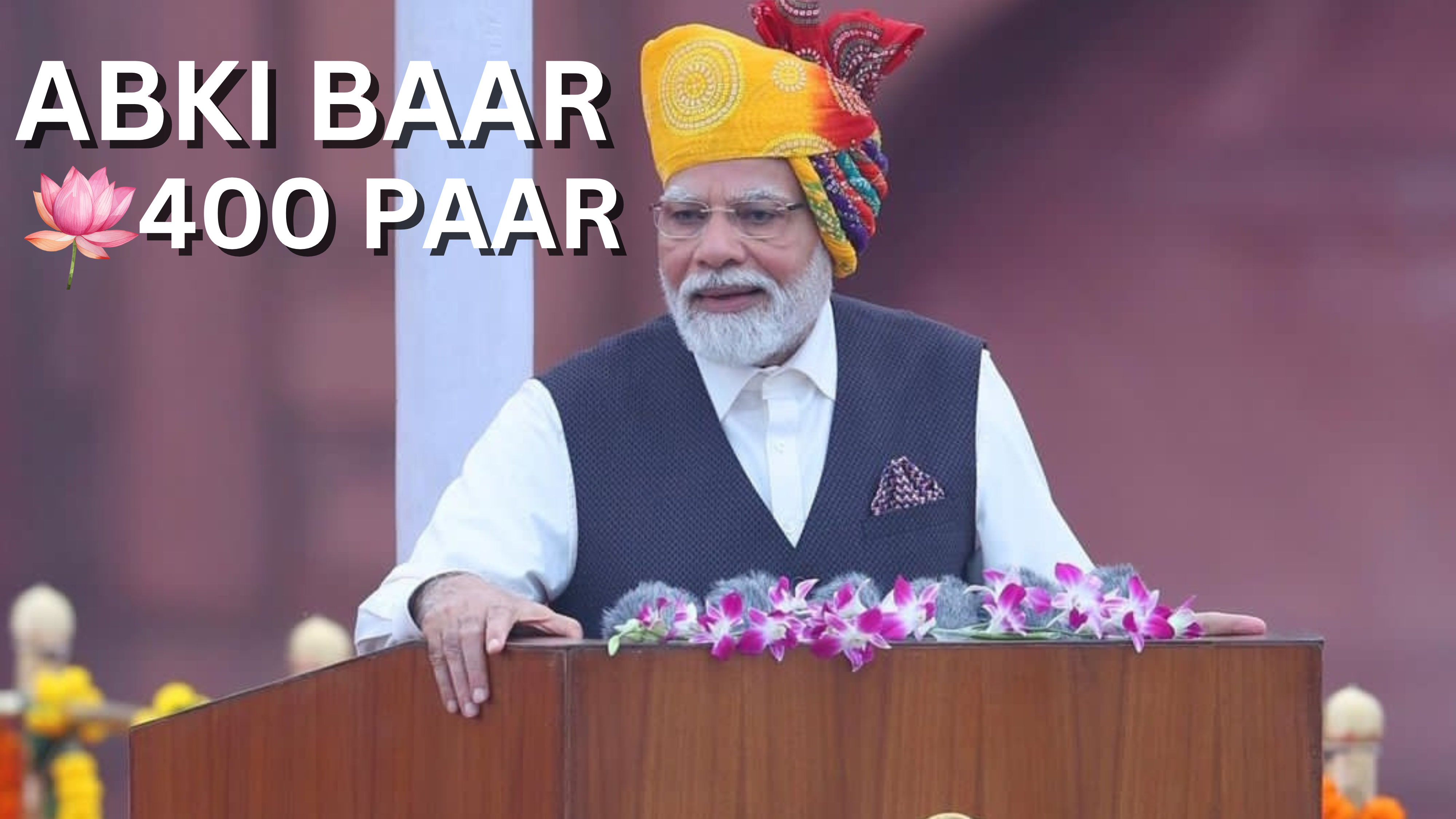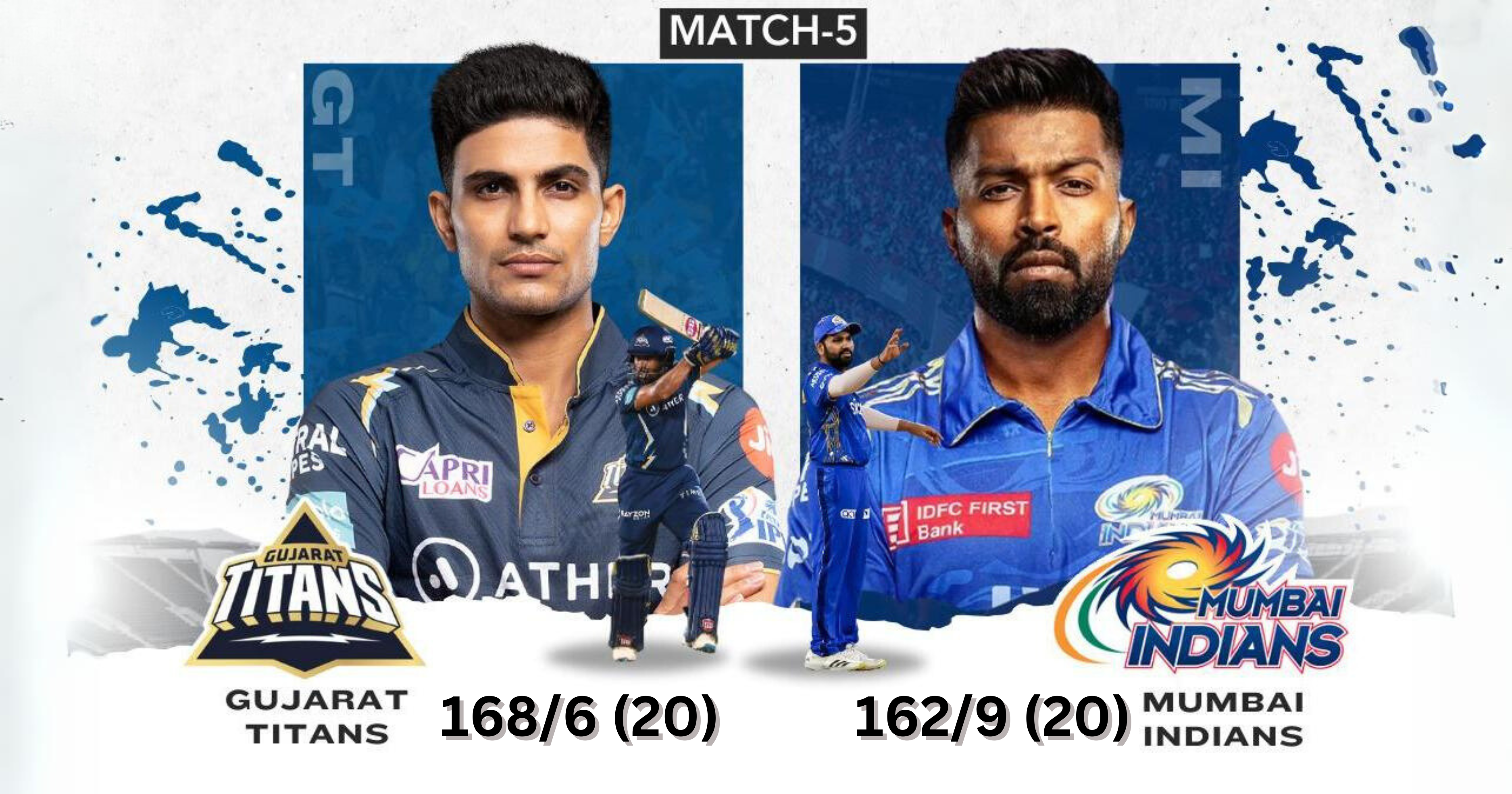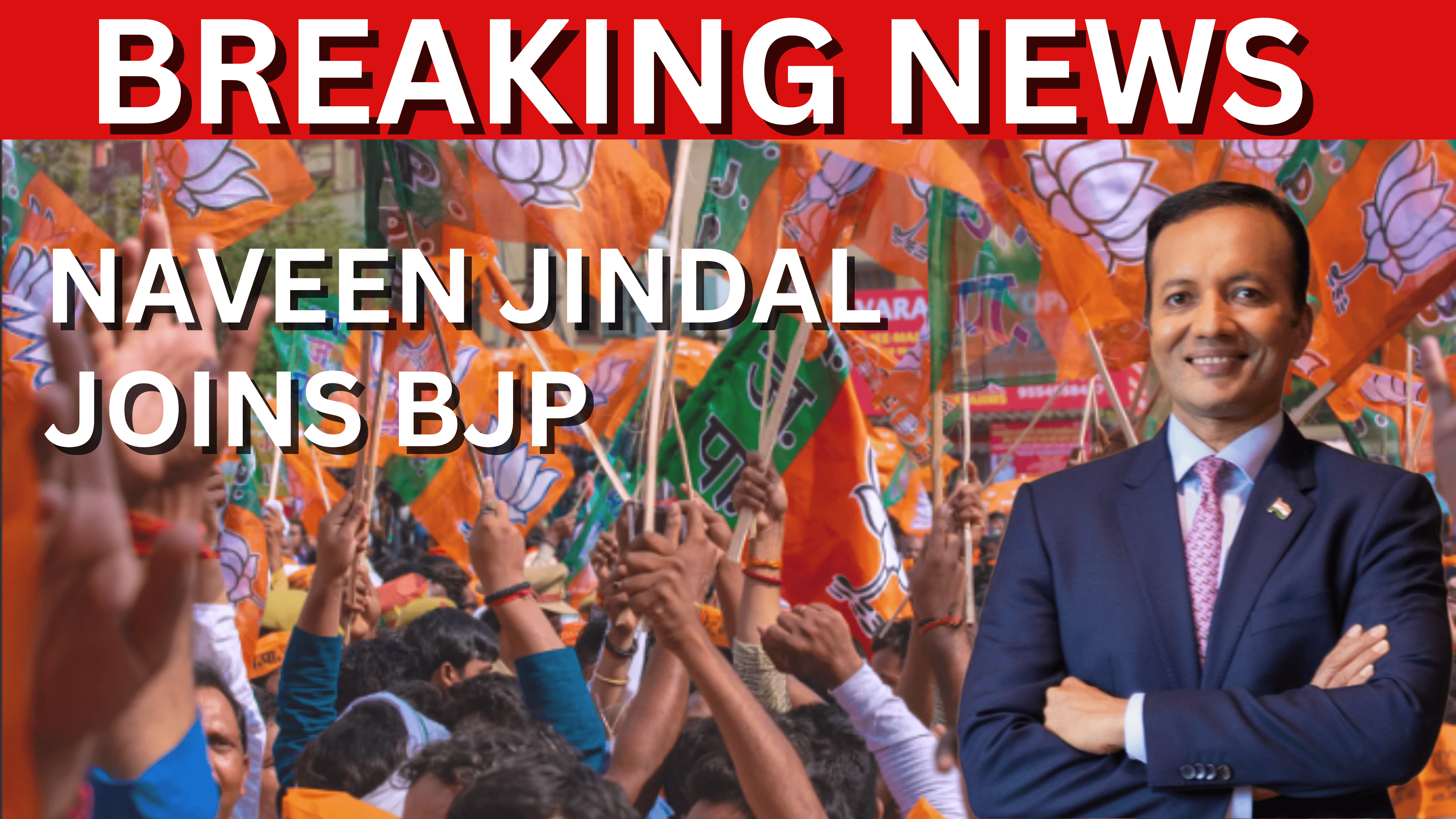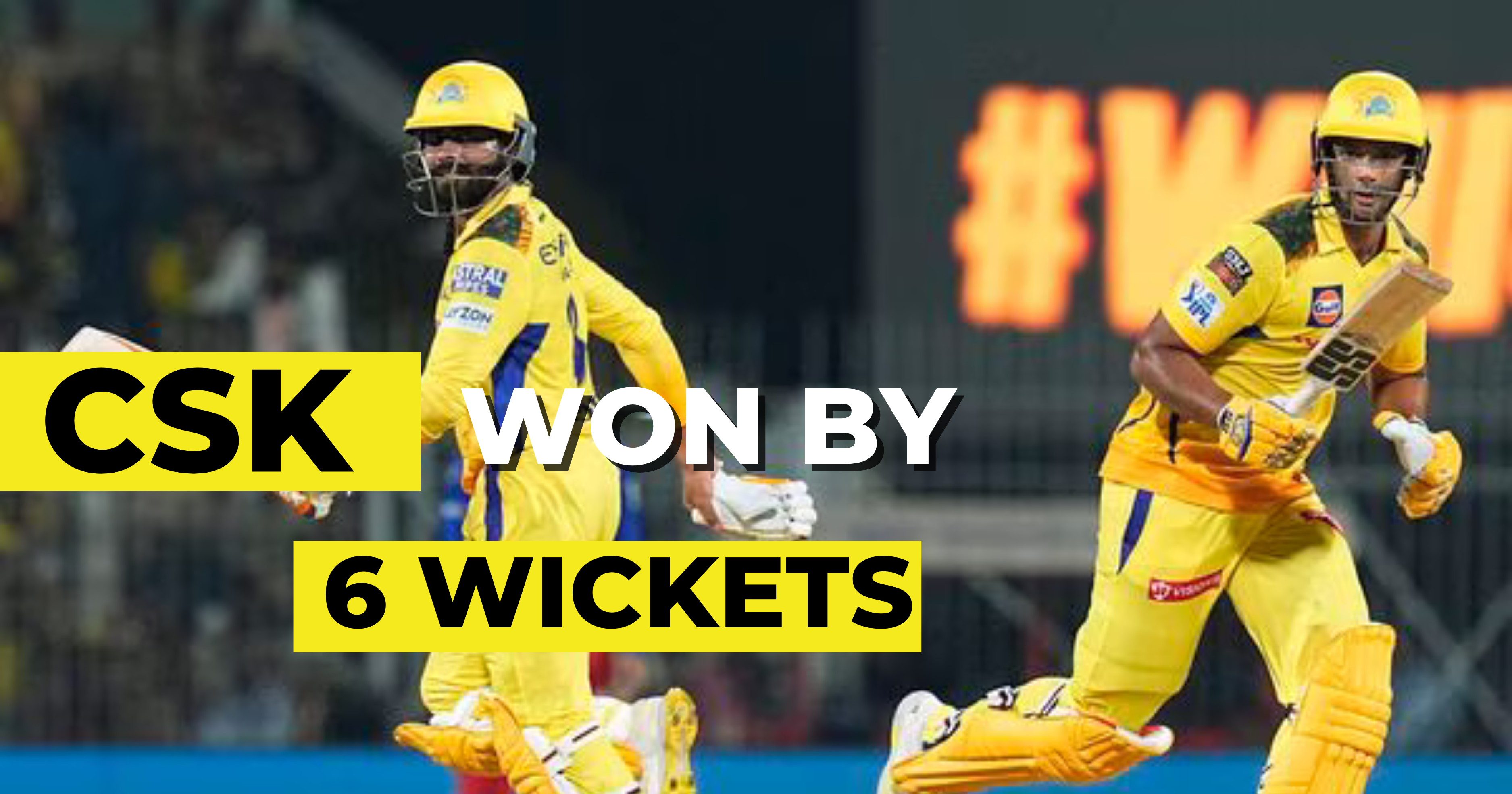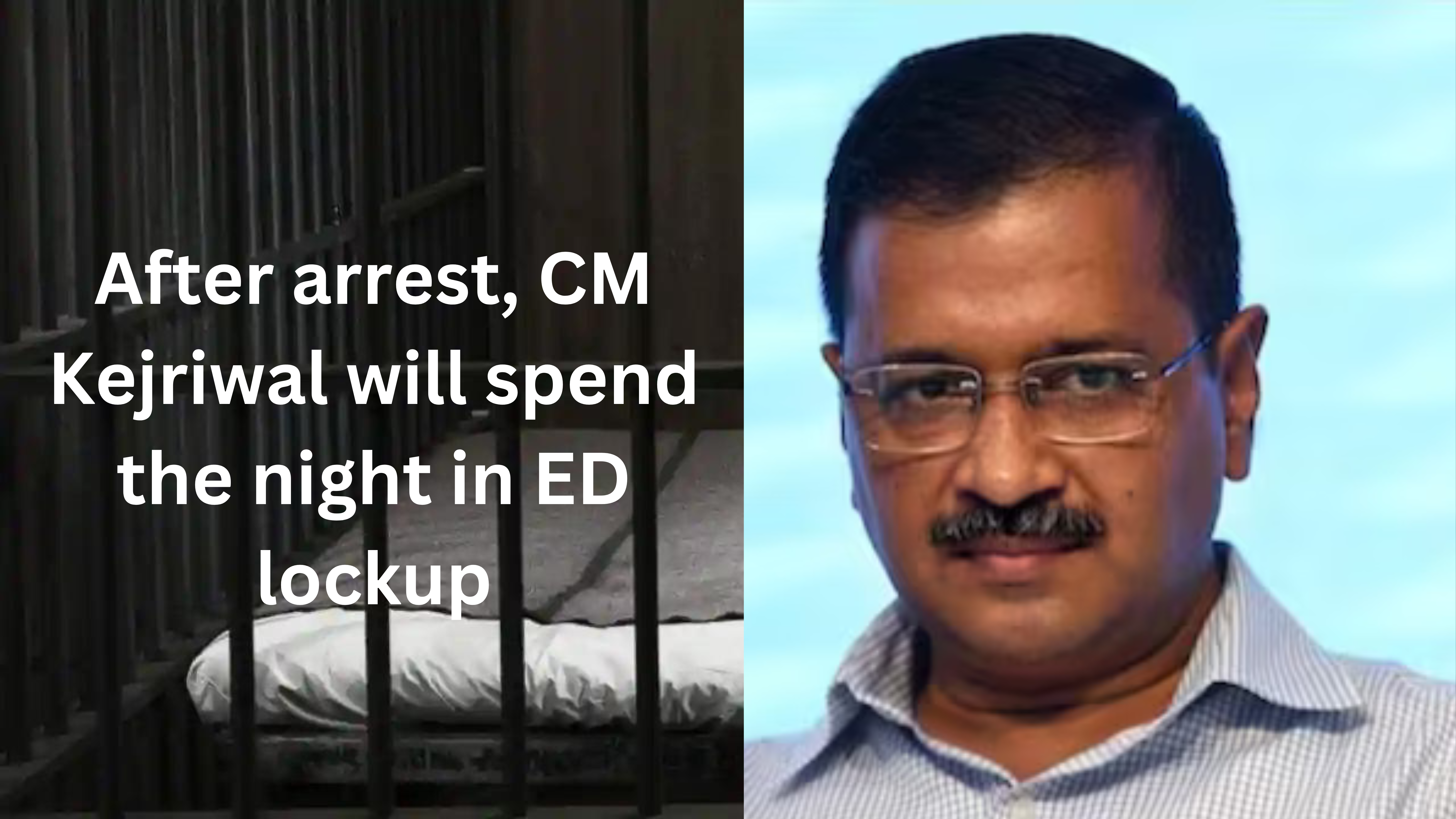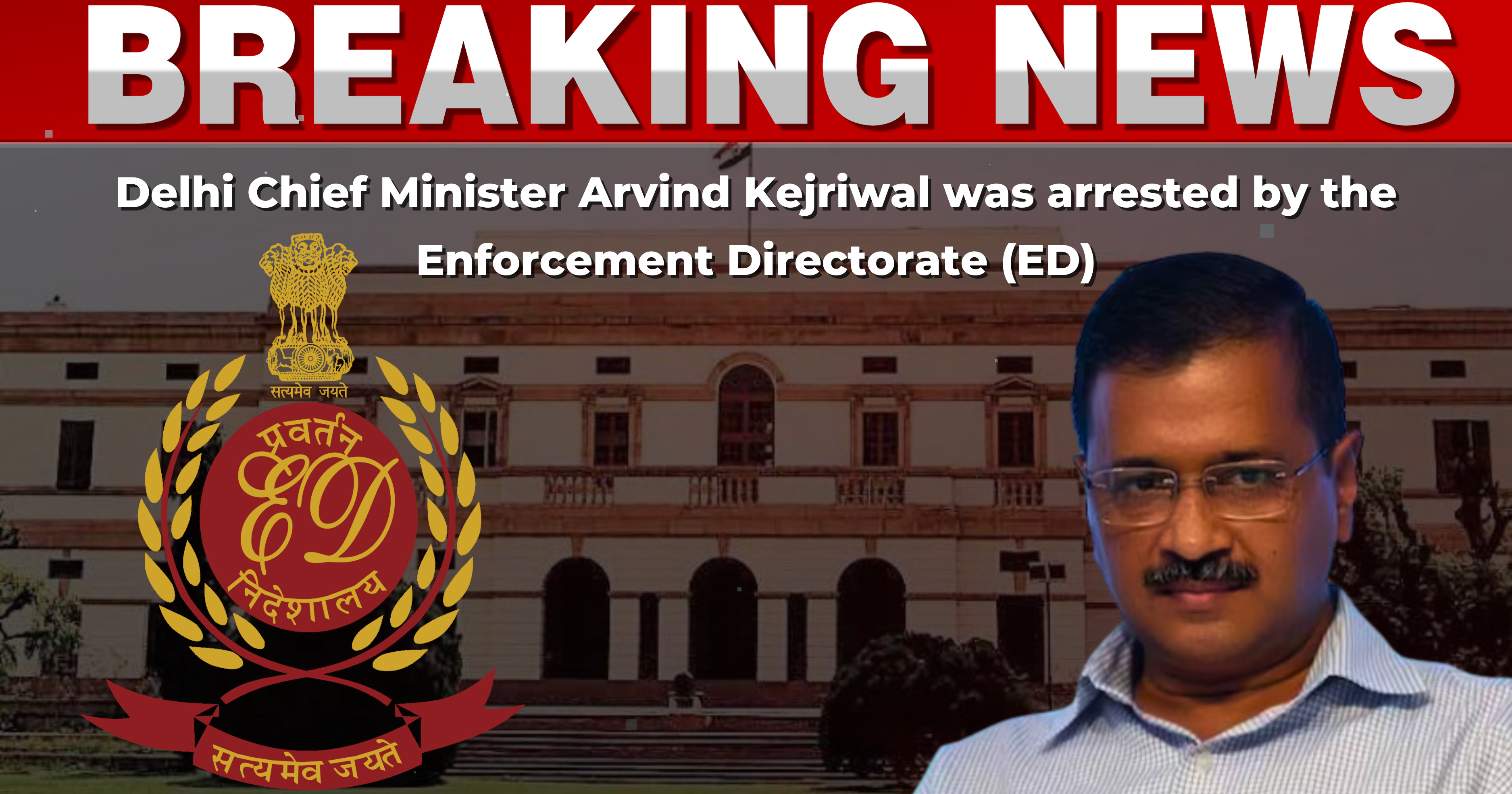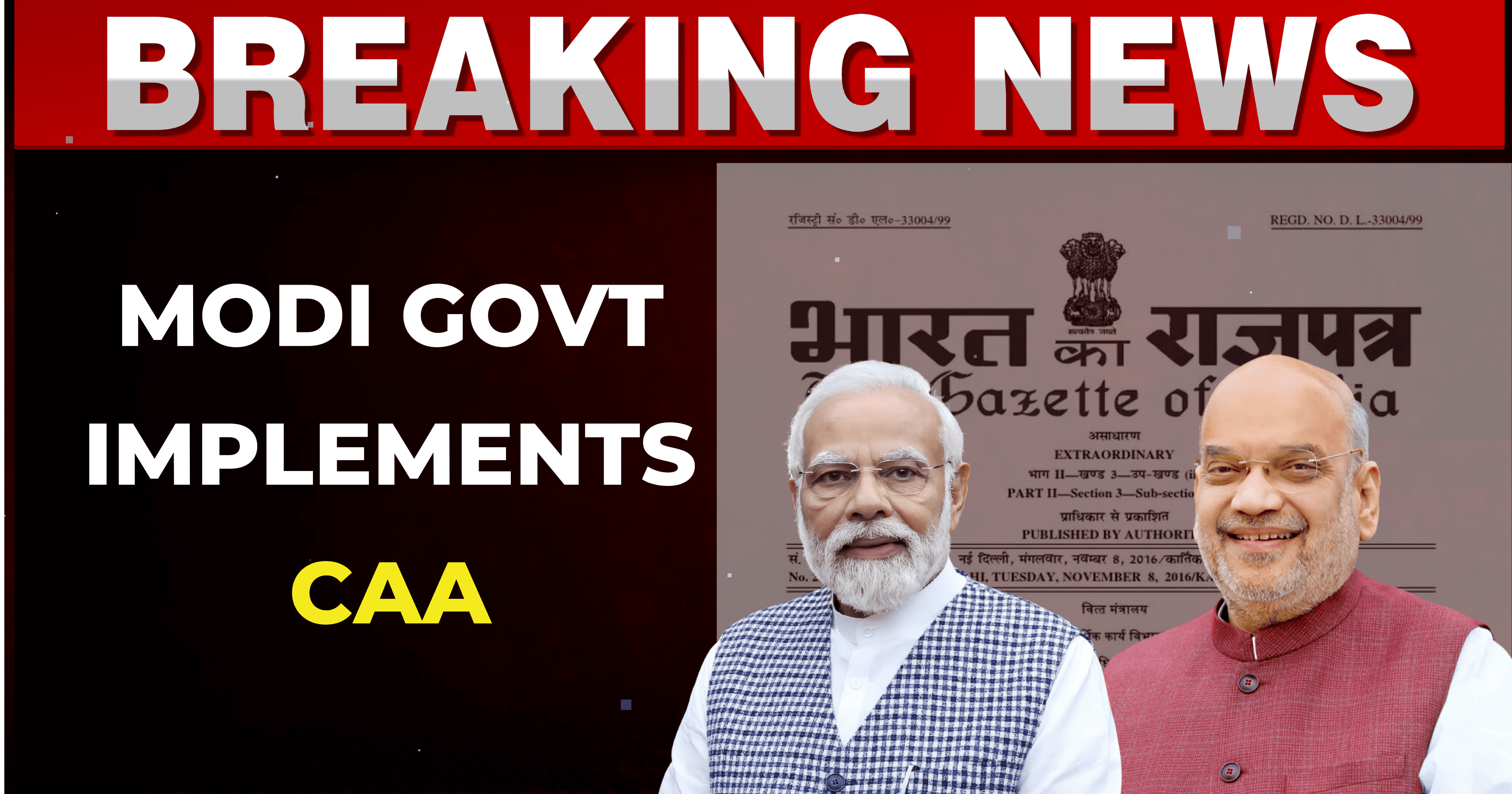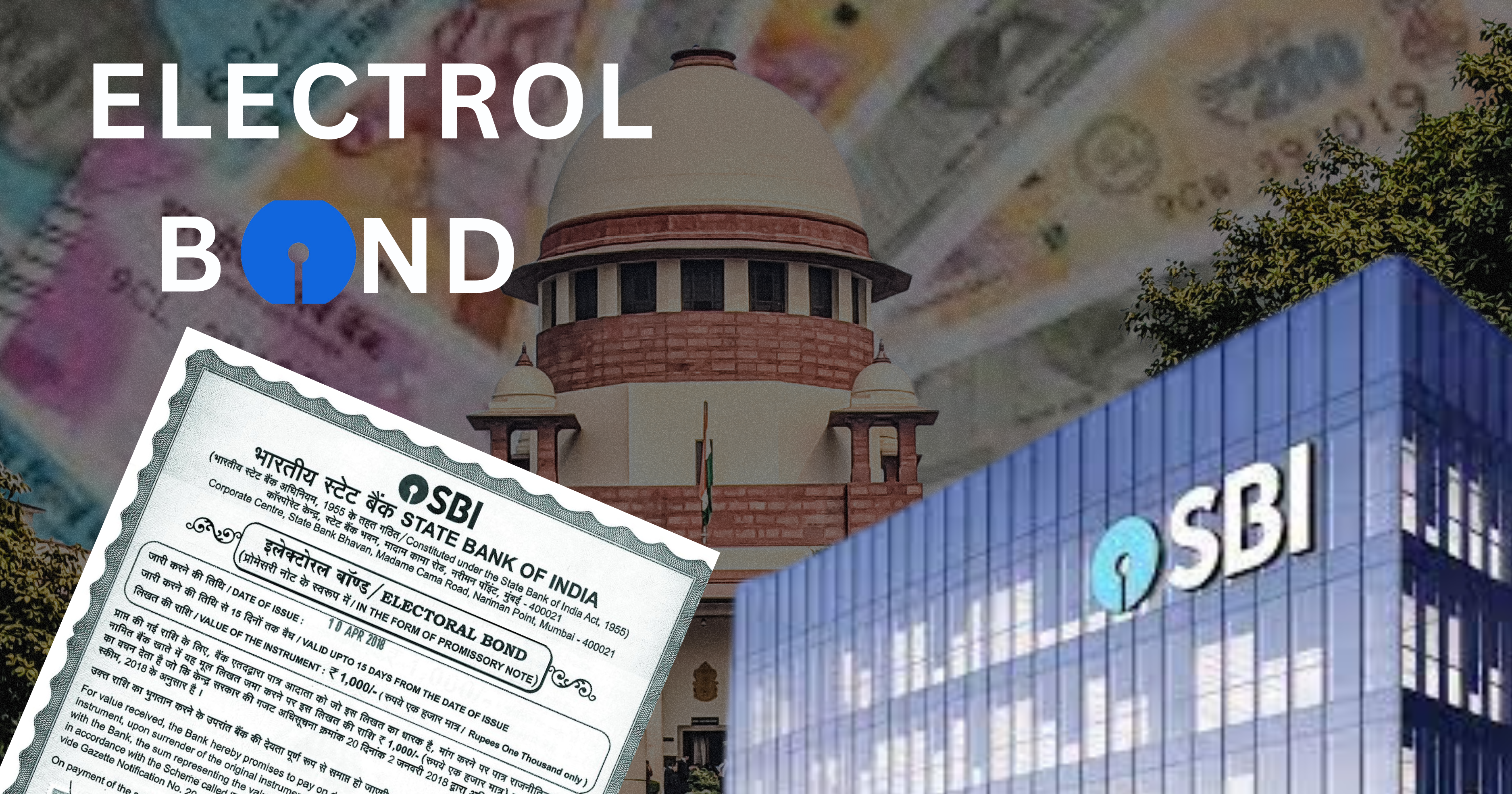
Introduction
SBI Electoral Bond: A Closer Look at Transparency and Accountability The bank in charge of issuing special donation certificates for political parties in India, the State Bank of India (SBI), is in the middle of a big court fight. These certificates, called electoral bonds, started in 2018 and there’s been a lot of arguing about them because it’s not clear who is giving the money. Now, the Supreme Court, which is the highest court in India, is looking at important information about these certificates and it could have a big impact on how political parties get money in the future.
What Are Electoral Bonds?
Electoral bonds are financial instruments that allow individuals, companies, and organizations to make anonymous donations to political parties. These bonds can be purchased from authorized banks and then redeemed by political parties. The key feature is anonymity—the donor’s identity remains undisclosed.
what is SBI electrol bound issue ?
The issue between SBI and electoral bonds in India is centered around transparency in political funding. Here’s a quick rundown:
Electoral Bonds:
Imagine electoral bonds like gift certificates, but instead of being for a store, they’re for political parties. These certificates were introduced in India in 2018. People could buy them anonymously with cash from SBI, the biggest bank in India. Then, political parties could redeem these certificates for money to fund their activities. The catch: nobody knew who was buying these certificates, so it was a secret who was donating money to which parties.
Supreme Court Order:
In February of last year (2023), India’s highest court decided the electoral bond system was a bad idea. They said keeping donor names secret was unconstitutional. But here’s the twist: the court still wanted the bank (SBI) to tell the election commission (the group that oversees elections) who bought these bonds in the past
SBI’s Response:
At first, SBI asked for extra time to follow the court’s orders. But in March of this year (2024), they finally gave the election commission details about who bought and used these electoral bonds between 2019 and February 2024.
The sticking point:
The court isn’t happy with the info SBI provided. It’s like they gave the election commission a list of purchases without receipts. The court wants SBI to also give them special codes on each bond, like a secret receipt number. With these codes, they could figure out exactly who bought which bond, which would reveal who donated money to which party.
The Supreme Court’s Role
The information you provided is accurate and up-to-date. In a landmark decision on February 15, 2024, the Supreme Court of India declared the Electoral Bond Scheme, introduced in 2018, as unconstitutional. The court ruled that the scheme violated transparency and accountability principles in political funding. They further directed the State Bank of India to disclose details of all electoral bonds encashed by political parties, including the amount and the date of encashment. This essentially means that the veil of anonymity surrounding the scheme has been lifted
SBI’s Petition for Extension
The Supreme Court told the State Bank of India (SBI) to reveal details about electoral bonds. Instead of complying right away, SBI asked for a delay of more than three months! They wanted extra time until June 30th to gather this information. SBI claimed it would be a lot of work to find the details for all 44,000 electoral bonds. This request for more time raised eyebrows with legal experts and activists who seemed to doubt SBI’s explanation.
Justice Deepak Gupta’s View
A retired Supreme Court judge, known for his integrity, weighed in on the SBI’s delay. Justice Deepak Gupta slammed the bank’s request for more time, calling it “absolutely ridiculous.” He reminded everyone that the court order wasn’t entirely new. Back in April 2019, the court had already instructed SBI to keep track of electoral bond details. According to Justice Gupta, putting all that information together shouldn’t take more than a few hours or days at most. This implies he doubts SBI’s claim that it needed months to comply.
The Urgency of Transparency
The way electoral bonds work has been controversial because companies can donate money to political parties anonymously. Critics argue this is bad for democracy because nobody knows who is giving the money to the politicians. This secrecy makes it hard to hold anyone accountable. The Supreme Court’s decision to make the State Bank of India reveal information about these bonds quickly is an attempt to make things more transparent. They basically believe people have the right to know where this election money is coming from
The Way Forward
The Supreme Court wasn’t buying the State Bank of India’s excuse for needing more time. They threw out SBI’s request for a delay, highlighting the importance of getting this information out fast. This means the bank has to provide details on the electoral bonds by March 12th. Once they do, the Election Commission is supposed to make that information public by March 15th. As citizens, it’s important to pay attention to these developments. By following how this unfolds, we can help ensure our political system is held accountable
Right now, the court is waiting on SBI to answer their question. They want to know if SBI will share those secret codes on the bonds, the ones that would reveal who donated the money. It’s like a back-and-forth where SBI has to decide what to do next.
See Full List : Doner Wise





